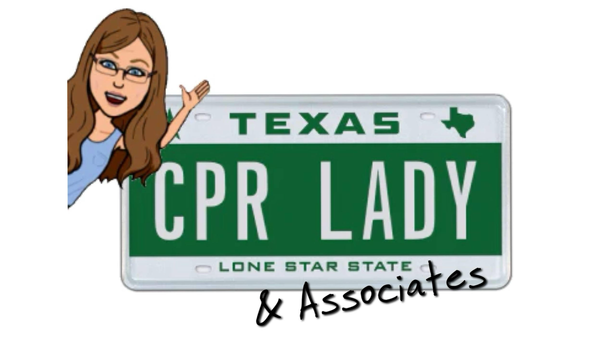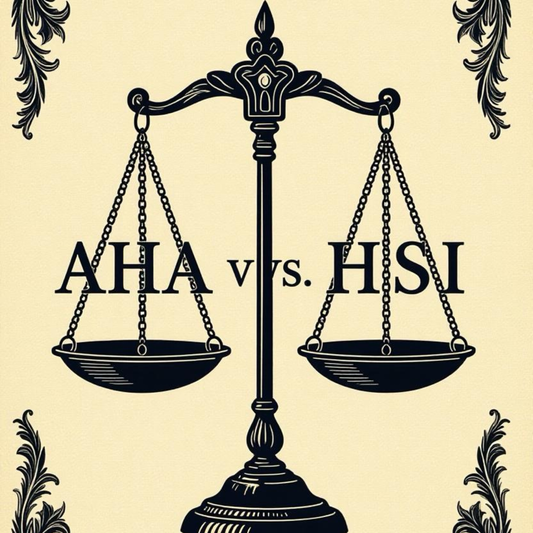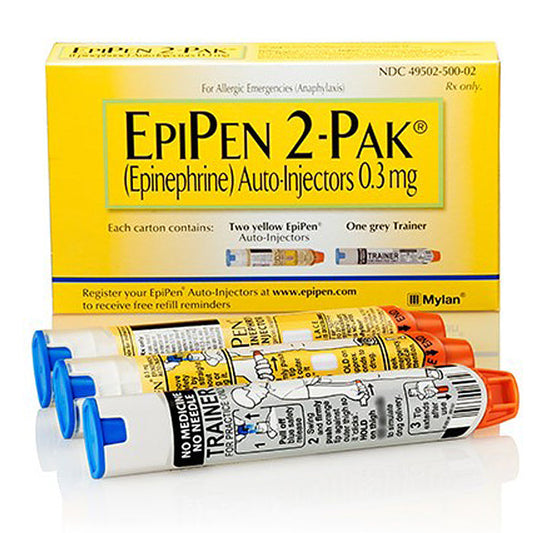
Texas AED Laws
William BeauregardShare
Automated external defibrillators (AEDs) are portable electronic devices that can be used to restore normal heart rhythm in the event of sudden cardiac arrest. In Texas, there are several laws and regulations governing the use and placement of AEDs in various settings.
One such law is the Texas Health and Safety Code, which provides immunity to individuals who use an AED in an emergency situation. This means that a person who uses an AED in good faith during an emergency is immune from civil liability for any injury or death resulting from the use of the device, as long as they do not act with willful or wanton misconduct.
Additionally, Texas law requires certain entities to have AEDs on their premises and to meet certain training and maintenance requirements. For example, all public and private schools in Texas are required to have at least one AED on campus, and the device must be maintained and tested according to manufacturer guidelines. Similarly, health clubs and fitness centers in Texas are required to have AEDs on site, and the devices must be available for use during all hours of operation.
Other entities that may be required to have AEDs on their premises include nursing homes, assisted living facilities, and certain government buildings. In many cases, these entities are also required to have trained personnel available to use the AED in the event of an emergency.
It is important to note that failure to comply with these AED laws and regulations can result in fines and other penalties. Therefore, it is essential for businesses and organizations to understand their obligations and take steps to ensure compliance.
In addition to these legal requirements, there are also a number of best practices that organizations can follow when it comes to AEDs. For example, it is important to ensure that AEDs are easily accessible, clearly marked, and well-maintained. It is also recommended that organizations conduct regular AED training and drills to ensure that personnel are prepared to use the device in an emergency.
In conclusion, AEDs can be lifesaving devices in the event of sudden cardiac arrest, and there are laws and regulations in Texas that govern their use and placement. Organizations should ensure that they are in compliance with these laws, as well as following best practices for AED placement, maintenance, and training. By doing so, they can help to ensure the safety of their employees, customers, and other stakeholders.



